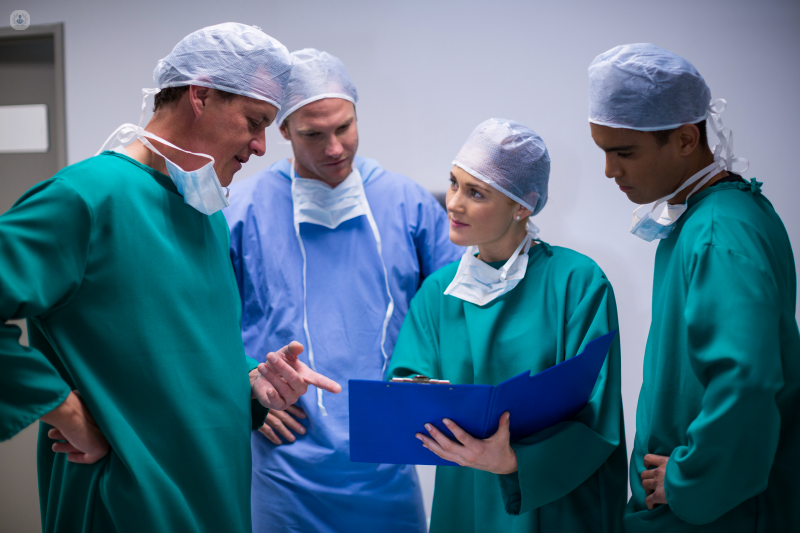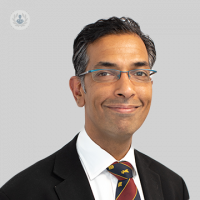What is anti-reflux surgery?
Autore:Anti-reflux surgery is a term used to describe any surgical technique that reduces the reflux of acid into the oesophagus. The underlying conditions most commonly treated by anti-reflux surgery are gastroesophageal reflux disease (GORD/GERD) and symptomatic hiatal hernias. Renowned surgeon Mr Zak Rahman explains more.

What is GORD?
GORD encompasses a spectrum of symptoms. Heartburn, also called acid indigestion, is the most common symptom of GORD and usually feels like a burning chest pain beginning behind the breastbone and moving upward to the neck and throat. Many people say it feels like food is coming back into the mouth (regurgitation), leaving an acidic or bitter taste. Acid regurgitation can be a cause of chronic cough.
Does GORD Require Surgery?
While in most patients the symptoms of heartburn can be managed without an operation, a small number of people with GORD may need surgery because of severe reflux and poor response to medical treatment, such as proton pump inhibitors (PPIs).
GORD is associated with the development of scarring, ulcers or bleeding in the oesophagus and changes in the lining of the food pipe, which can be a precursor to cancer. This relatively rare condition is called Barrett’s oesophagus.
Surgery is considered in the following situations:
- The patient develops a tolerance to PPIs (PPIs no longer work even at high doses).
- The patient suffers side-effects of PPIs.
- GORD associated with a large hiatus hernia (> 5 cm).
- The patients does not want to be on lifelong PPIs
- Complicated GORD – evidence of Barrett’s oesophagus or development of severe scarring in the oesophagus despite PPIs.
- Symptomatic large hiatal hernias – causing symptoms of food getting stuck (pain and vomiting), the stomach twisting and potentially reducing its blood supply, and bleeding.
Before considering anti-reflux surgery, a number of tests are done to ensure that the operation will work and to exclude other causes. These tests may include an endoscopy (camera through the mouth), oral contrast studies (to assess the food pipe is working in a coordinated way) and oesophageal physiology tests (oesophageal manometric and impedance studies), which record pressure measurements of the oesophagus to help identify low pressure in the lower oesophageal sphincter or abnormalities in oesophageal muscle contraction. At the same time, doctors may measure the acid levels inside the oesophagus during meals, activity, and sleep through pH testing.
How does anti-reflux surgery help?
Anti-reflux, if indicated, is a mechanical way to stop acid going back into the oesophagus by creating an artificial valve. The vast majority of patients no longer require medicines (antacids or PPIs).


